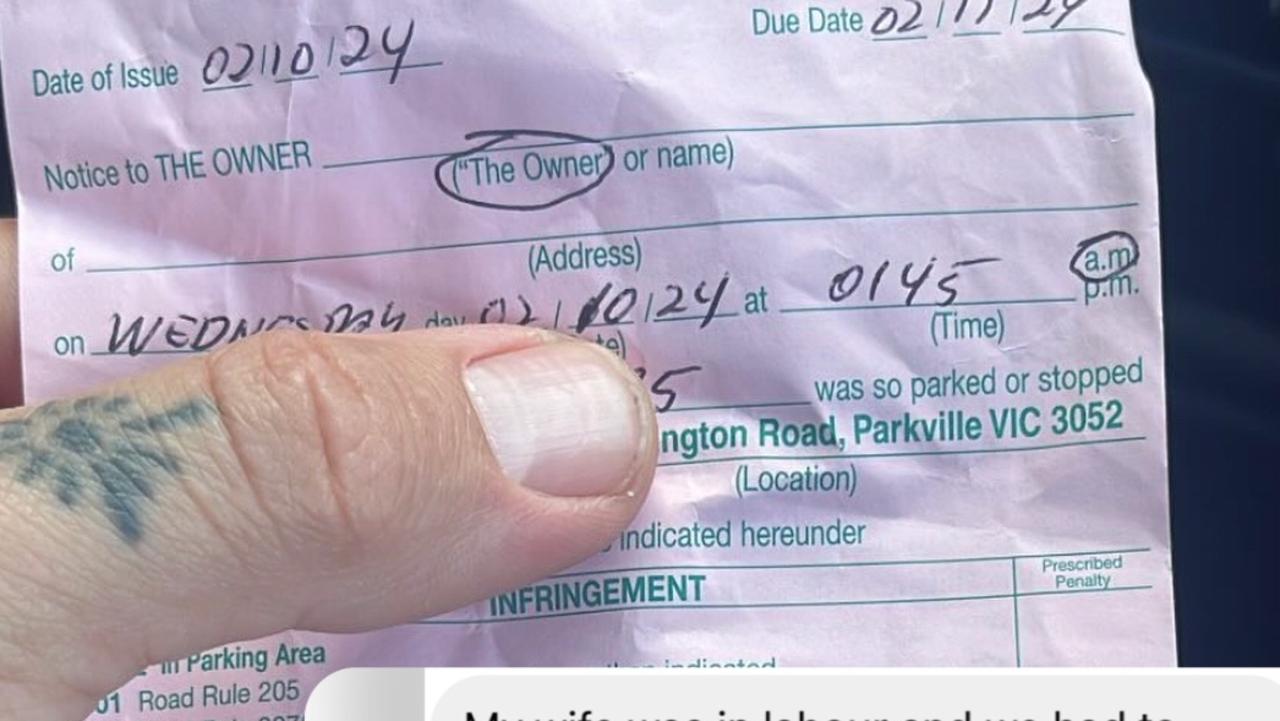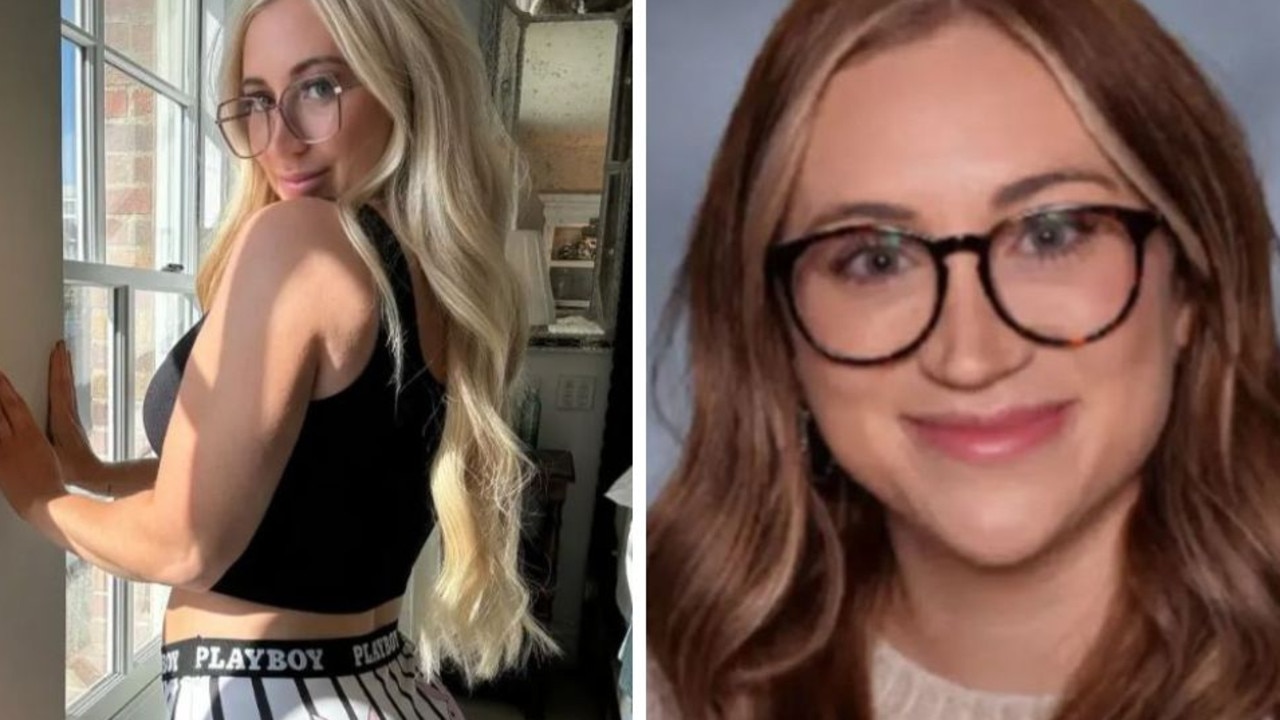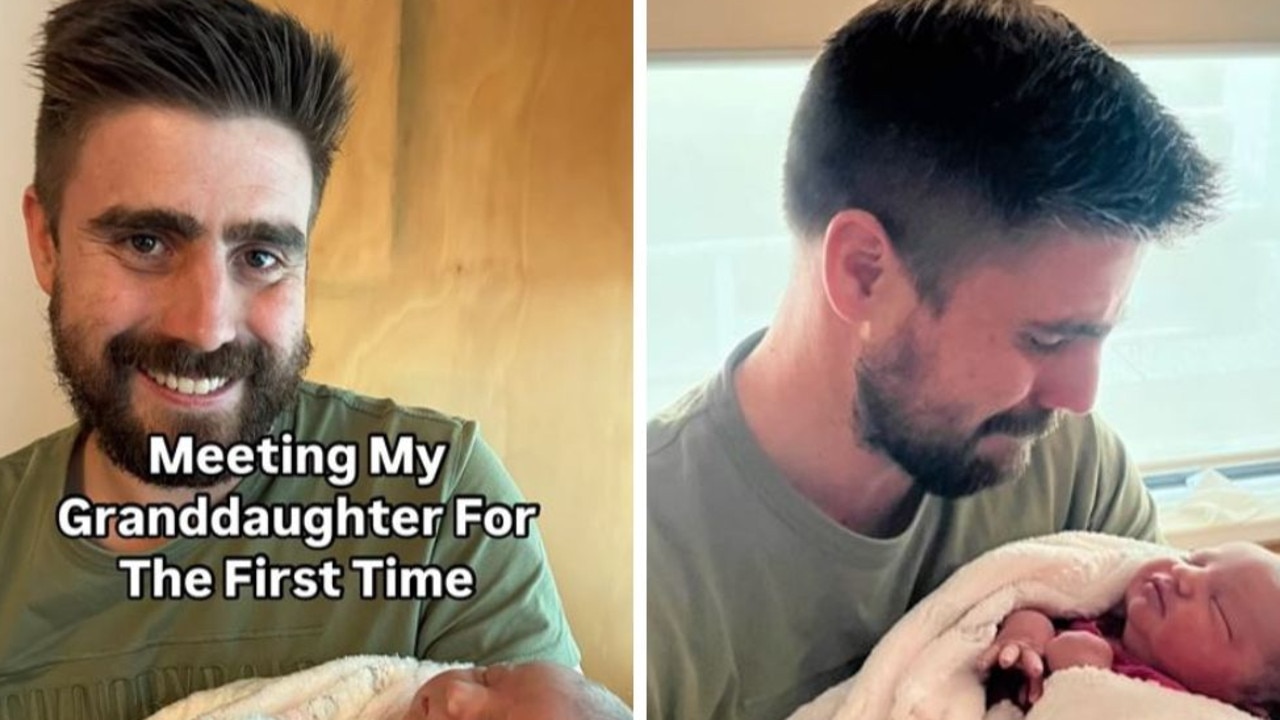Death to death row: Freed couple’s fight for justice
Four police officers brutally murdered, a rock star matchmaker and a true love story. Here’s how a couple’s death sentence sparked international change.
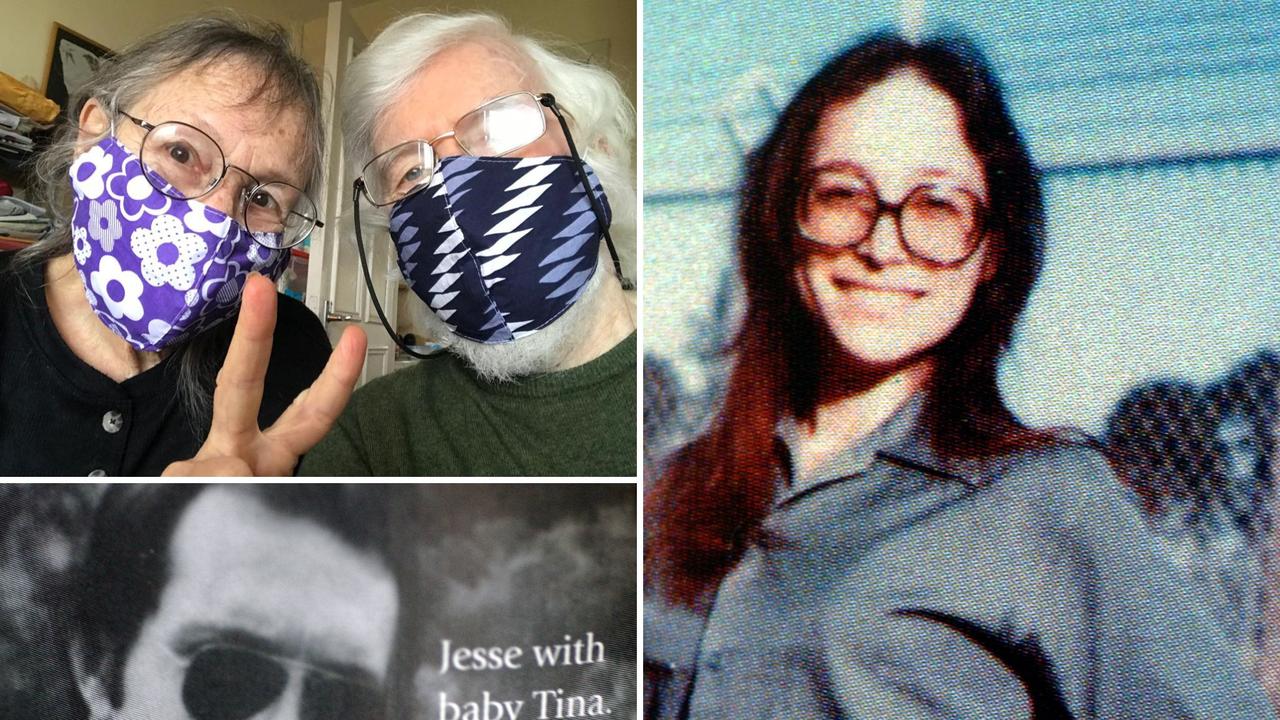
At a glance Sunny Jacobs and Peter Pringle seem like a normal married couple.
They seem like the kind of older couple you’d expect to meet at a farmers market, or a dog park. The last place you’d expect to see them is in a cell on death row.
But between the 70s and 90s that's exactly where they were, both wrongfully convicted of the brutal murders of four police officers in separate incidents across the globe.
Sitting in tiny isolated cells – both were none the wiser their eventual soul mate was in the exact same predicament a world apart.
But out of the depths of misery true love bloomed and so too did an unyielding fight for justice which has sparked international change.
‘Death by having 2400 volts’
In 1976, Sunny was just 28, a young mother of two travelling from Florida to North Carolina with her partner Jesse Tafero, their two children and Walter Rhodes – a friend of Jesse’s but mostly a stranger to Sunny.
He had offered to give them a ride after their car had broken down.
During the journey the group was pulled over by police, an argument followed between Rhodes and the officers, shots were fired, and two policemen were dead.
Want to stream your news? Flash lets you stream 25+ news channels in 1 place. New to Flash? Try 1 month free. Offer ends 31 October, 2022 >
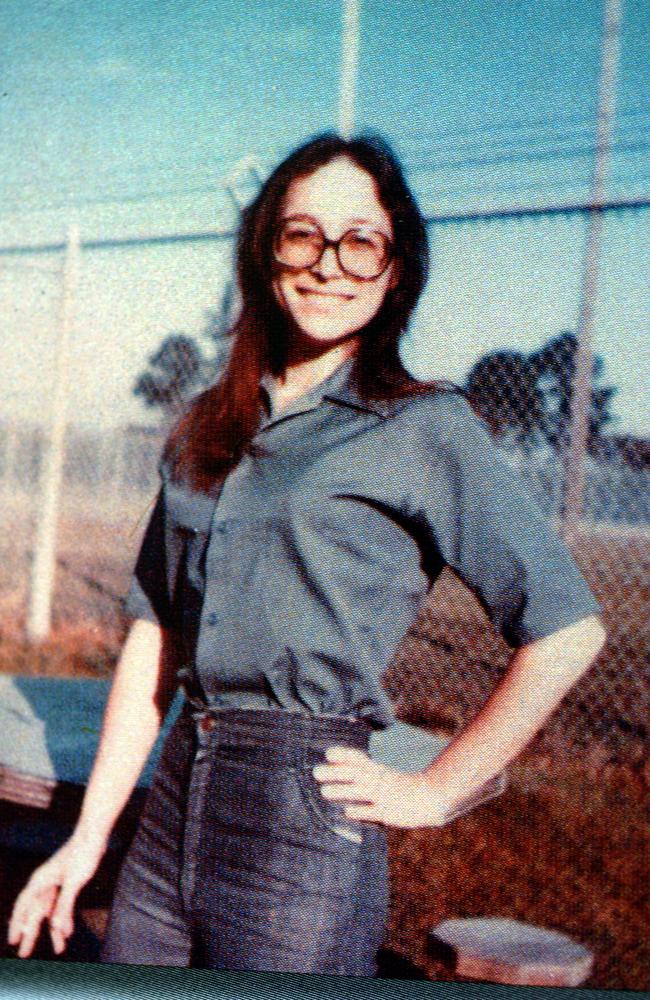
Rhodes later entered a plea bargain with the state, telling authorities it was Sunny and Jesse who shot the officers.
Sunny recounted the moment when a Florida judge said the spine-tingling words: “I hereby sentence you to die by having 2400 volts of electricity through your body until you are pronounced dead.”
“What can you say to that?” Sunny told the news.com.au podcast, I’ve Got News for You.
“You just don’t really believe this is happening to you, there’s an unreal quality about the whole thing.
“It’s like, all of a sudden, your life has become somebody else’s life and not yours.”
“It didn’t actually become real, until they put me in my death cell.”
Five years in a ‘death cell’
The “death cell” was nothing short of hellish.
“It was about six by nine (feet), was very small,” Sunny explained.
“I reached out my arms to both sides, I could touch the walls.
“There was a solid metal shelf … that was my bed.
“It had a thin mattress on it. And a scratchy blanket.”
At the time, Sunny was the only woman on death row in the entire United States – she was not allowed out of her cell and was not allowed to mingle with other inmates or guards.
She was “dehumanised” and stripped of her name and given the identity FO4015.
Despite her bleak existence with little hope of ever seeing a life outside of her cell walls again, Sunny never gave up hope.
“I went through almost what you call a metamorphosis in there,” Sunny said.
“I think I went in like a caterpillar and I came out like a butterfly in from death row.
“I suppose it was really for my children that I wanted to keep myself whole, you know, and not let them destroy me.”
After five years of solitary confinement, her sentence was eventually reduced from the death penalty to life behind bars upon review.
The loss of years of her life to American corrections wasn’t all that Sunny suffered.
Her partner and father to two of her children, Jesse, with whom she was co-sentenced to death row for the murders was executed in the 1990s – and it was the stuff of nightmares.
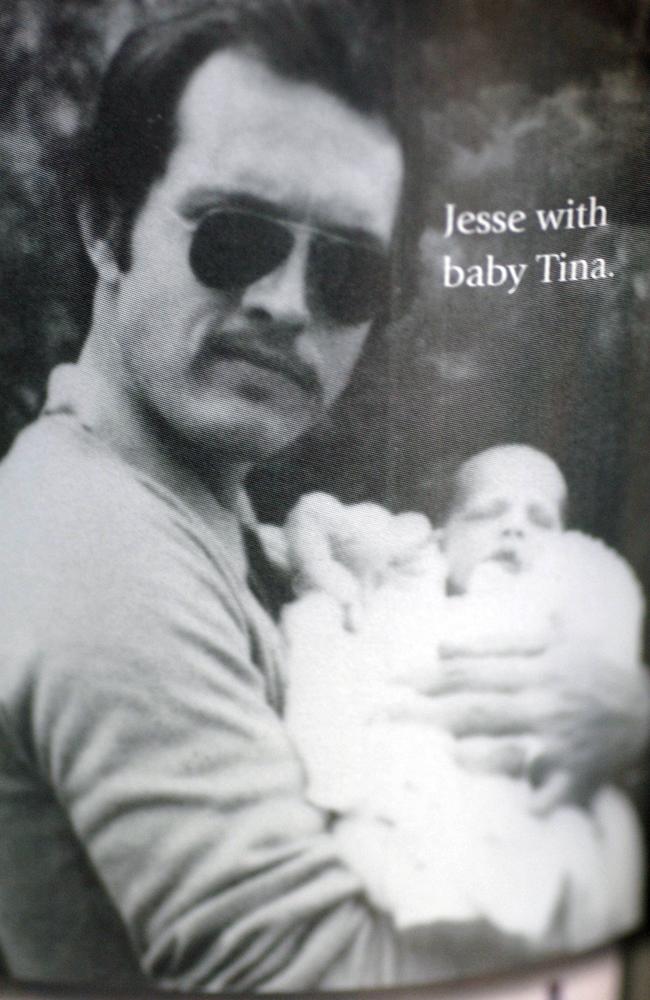
The electric chair reportedly malfunctioned when Jesse was executed. His death horrifically took over 13 minutes and smoke and flames were said to have burst out of his head. The executioner had to hit the switch three times.
Sunny said information she learned later suggested the seemingly botched execution was no accident.
“Later, we discovered that the reason that it malfunctioned was because they had switched the natural sea sponge that goes into the helmet to conduct the electricity properly for an artificial sponge,” she explained.
“When an expert in the electric chair examined it, he said there was absolutely no way they couldn’t know what would happen.
“We were told that they felt that it would be too easy for him, because they thought he killed the policeman.”
Rhodes eventually confessed to firing the fatal shots shortly after Jesse’s death.
Two-and-a-half years after the execution, Sunny and Jesse were exonerated of the murders.
She described the moment she was released in 1992, saying initially she thought it was “another trick”.
“I didn’t trust them. I didn’t believe it,” she said.
“They just gave me my little box with the stuff that’s all I owned in the whole world, a little cardboard box and told me to have a nice life and open the door and put me out.
“I didn’t know what to do.”
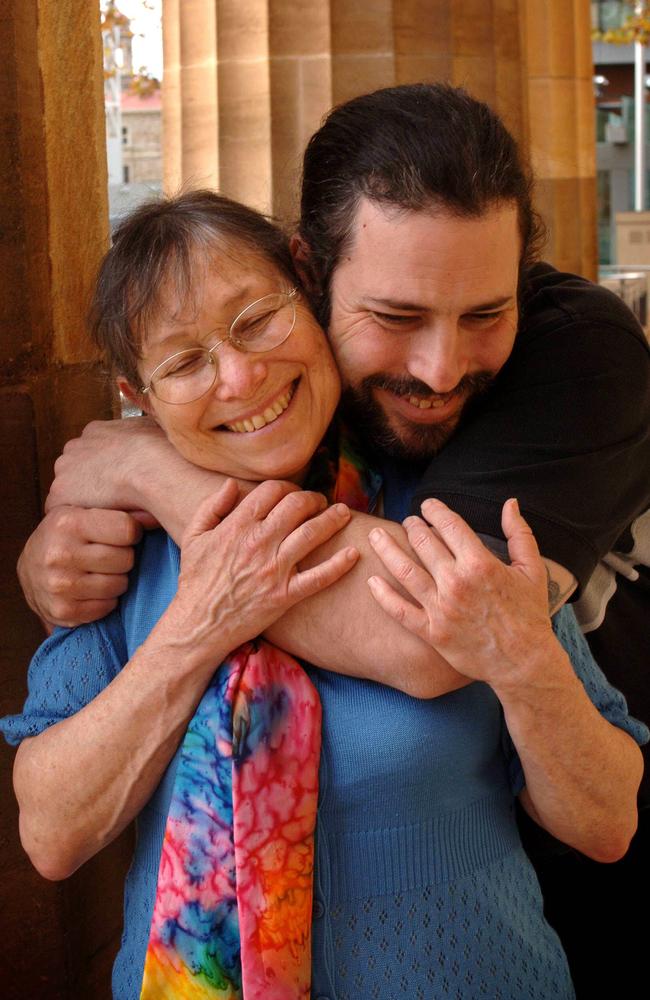
How Peter found his way back from oblivion
On the other side of the globe in 1980, in a Dublin courtroom, Peter too was wrongfully convicted of killing two police officers.
Unlike Sunny, Peter saw the guilty verdict coming from a mile away over the course of his 23-day trial.
Peter was caught up in a botched armed robbery – he still claims he was never apart of – which resulted in the shooting death of two officers of the Garda Síochána (Irish police).
He was one of the last people sentenced to death in Ireland before capital punishment was abolished in 1990.
“I kind of knew that it was inevitable. And so it just happened. And that was it. I didn’t feel anything in particular,” he told news.com.au.
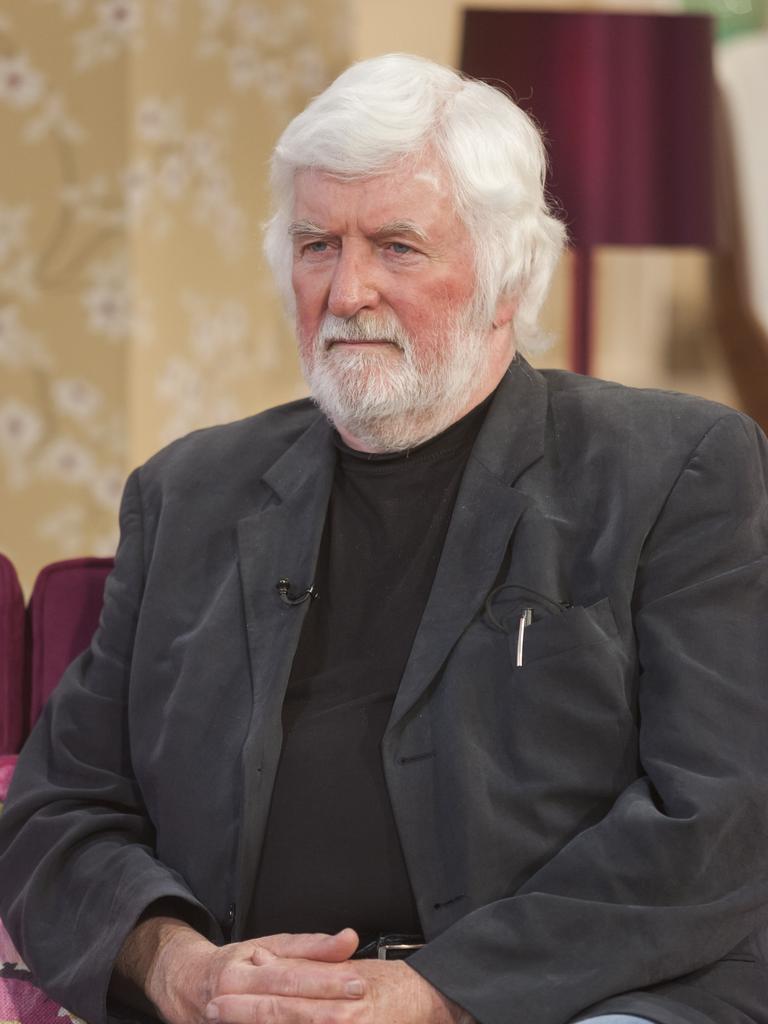
Peter, a political activist with connections to the IRA from a young age, said his views were most likely used against him during his time on death row.
“I was upset with what they did to me, and I was angry with what they did to me, but then I just had to bear with it and get on with it,” he said.
“I wasn’t going to let them beat me. I wasn’t going to give up and die.”
Peter used his time in prison to study law, eventually reopening his case in the high court in 1995.
A friend of his put up their home as bail before the state decided not to attempt to prosecute for a second time. He had won his innocence and he was a free man.
In true Irish fashion his friends organised a “big session in a pub” the day he was released on bail which went into to the early hours of the morning.
Two other men he was co-convicted with remain in prison to this day.
How a rock star sent sparks flying
Enter Grammy award-winning American country and folk singer Steve Earle, or in this story, “Cupid”.
Sunny and Earle met through connections in the anti-death penalty community in the States which they were now both fierce activists for.
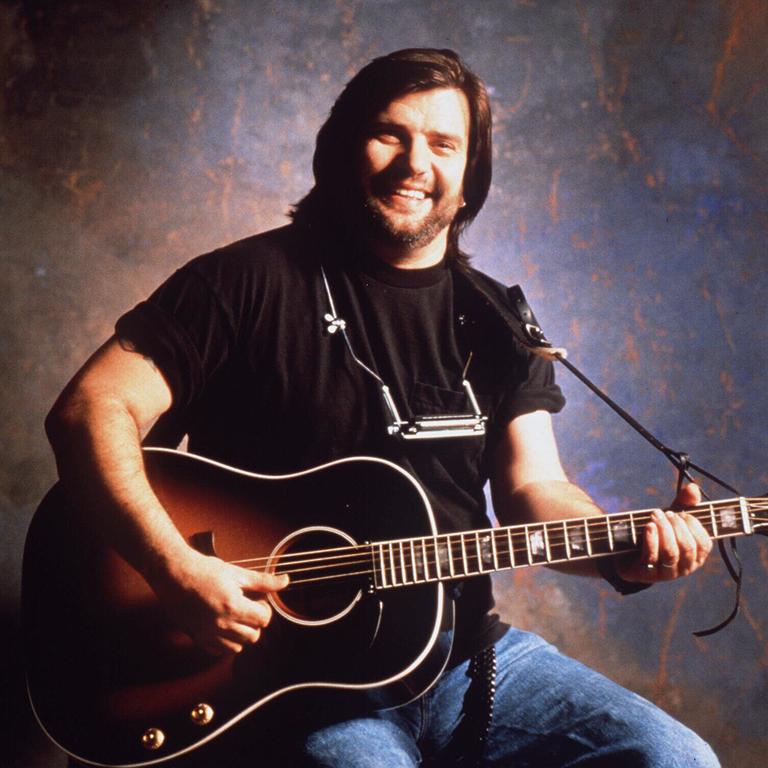
Sunny told Earle of a speaking tour she was about to embark on in Ireland
He told her: “Well, you’ve got to meet Peter Pringle.”
Peter and Earle had coincidentally developed a friendship over coffee at a friend’s cafe in Ireland. Peter’s story of his wrongful conviction had captivated Earle.
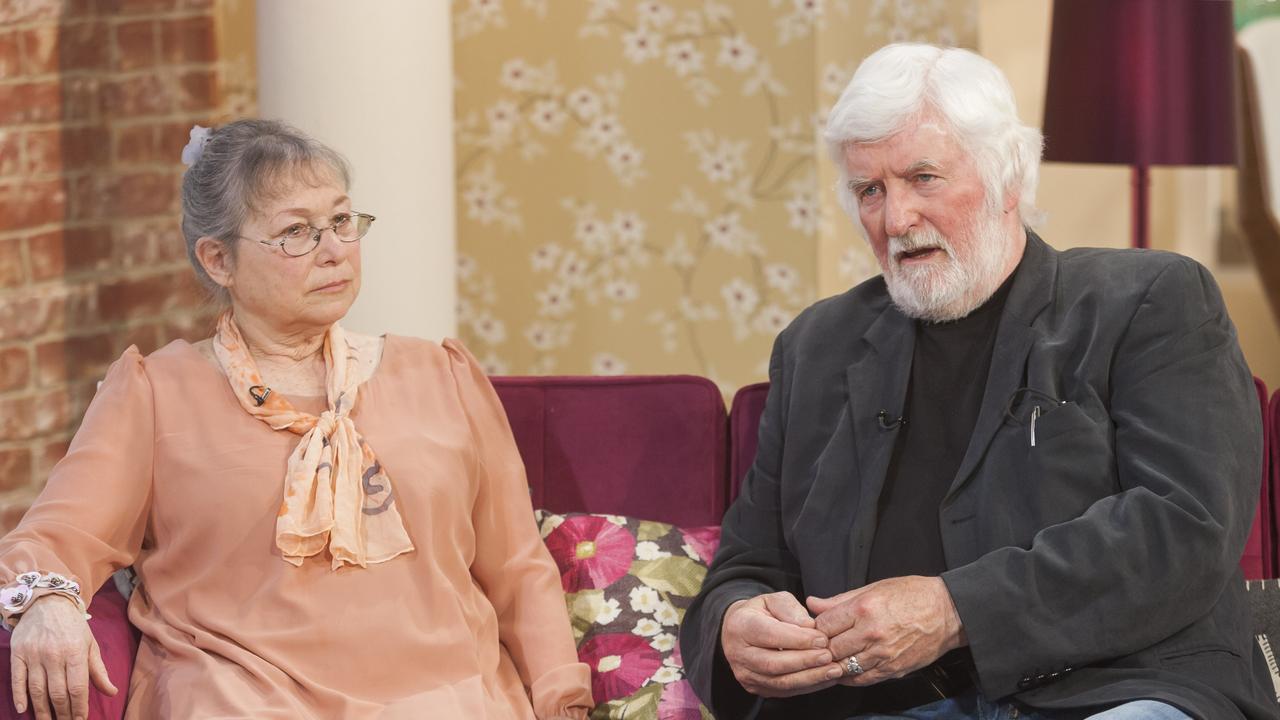
Sunny eventually made it to her Amnesty International Irish speaking tour in 1998 where she called Peter, inviting him to come and hear her speak.
“I walked over to her and I said you must be Sunny Jacobs. And she looked up at me with a big smile,” Peter said.
“I said you must be Peter Pringle,” she giggled as she finished Peter’s sentence.
The pair said the fact they shared a similar life experience initially drew them together but it “doesn’t even come up now”.
Death to the death penalty
After both spending a large portion of their lives, Sunny 17 years and Peter 15, awaiting their deaths at the hands of the American and Irish prison systems, they were exonerated.
Both were found to be wrongfully convicted of the heinous crimes for which they spent over 30 years between them in prison.
The pair are now into a long and loving marriage but their drive to abolish capital punishment around the globe has never wavered.
“A wrongful conviction haunts you for the rest of your life anyway,” Sunny said.
“And if you were a nurse, you’re not going to get a job as a nurse anymore.
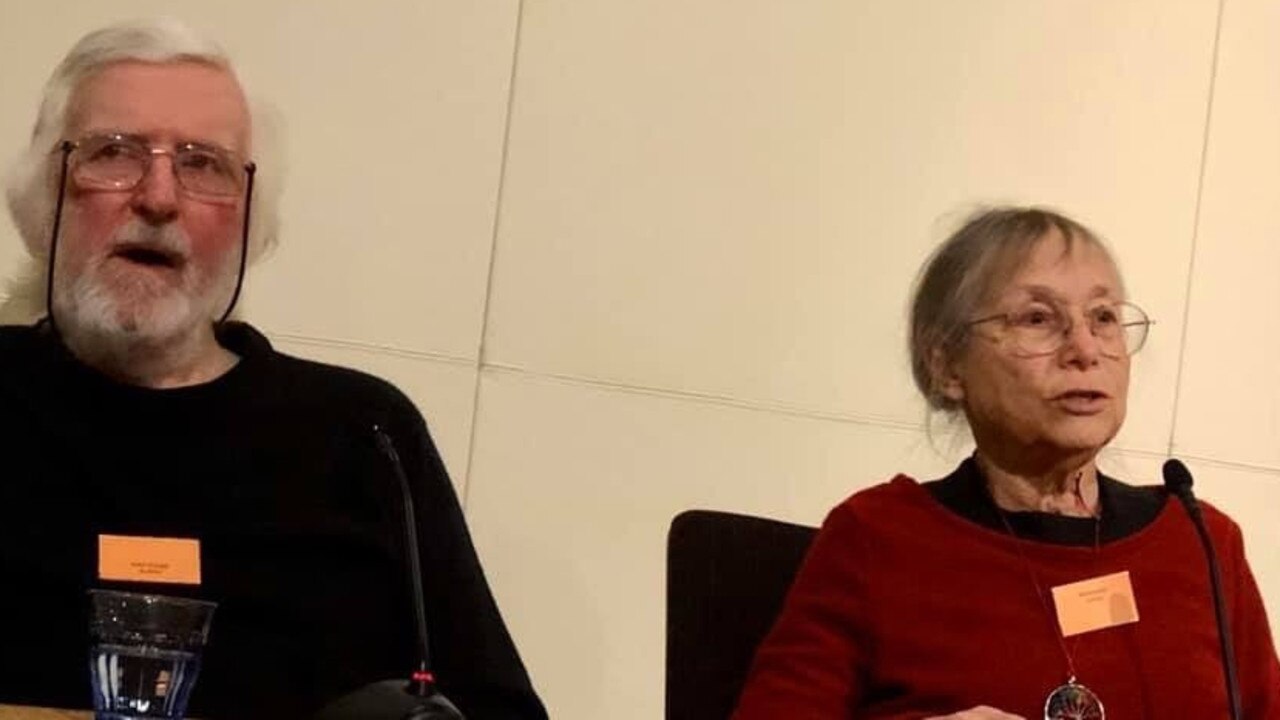
“If you had children, they’ve grown up without you, you don’t really have the connection that you should have. It’s really hard to establish connections again, because you have nothing in common with anybody else, you know.”
The pair have since engaged politicians in countries across the globe which still practice capital punishment – with some success.
“We spoke to the College of prosecutors in Kazakhstan. Following on from us being there, they put a moratorium on the death penalty and since then they’ve abolished it altogether,” Peter explained.
“Does revenge really do us any good as a society, even as individuals? I mean, really does it? So what does the death penalty do?” Sunny asked.
“No system of justice is perfect. Because it’s run by human beings. And we’re all subjected to cognitive bias.”
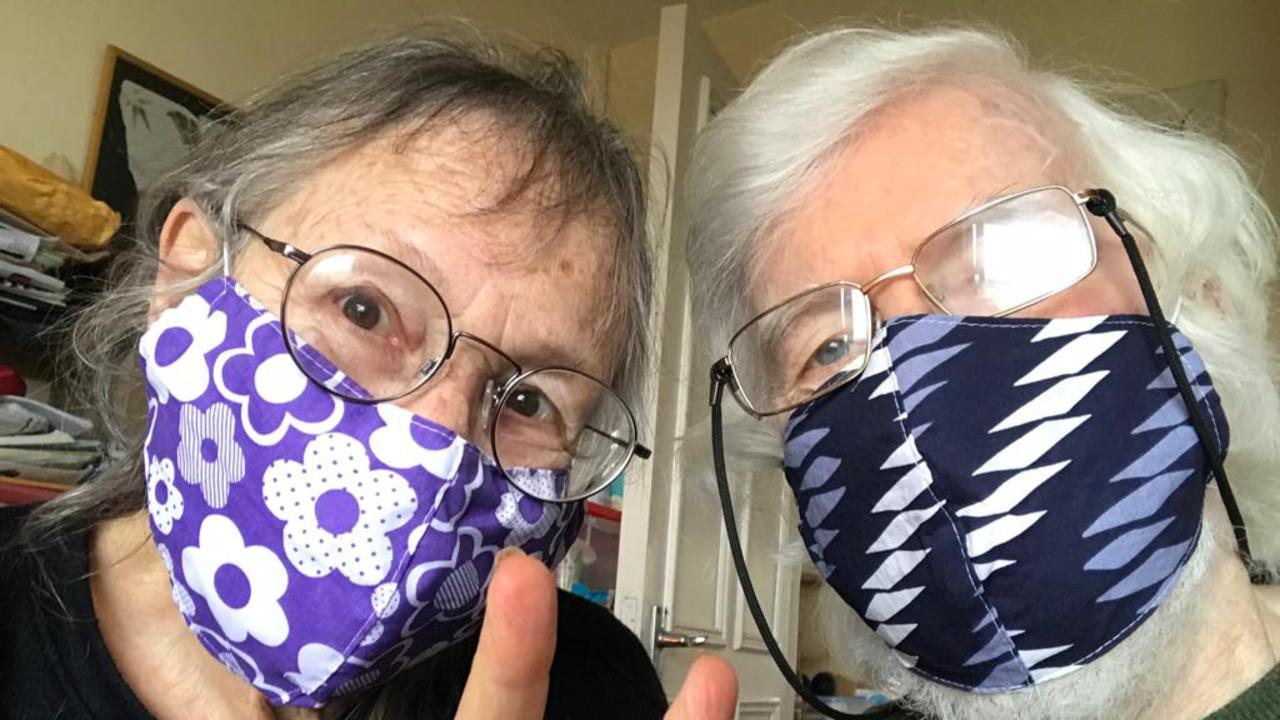
In 2012 they began welcoming fellow exonerees into their home before officially opening the Sunny Centre in 2014.
The centres – one in Ireland and more recently another in Florida, offer physical, mental and spiritual healing and ongoing support.
The Sunny Living Center in Tampa, Florida offers a housing complex for exonerees transitioning back into free life.
Over 60 per cent of the world’s population lives in countries that still practice capital punishment.


